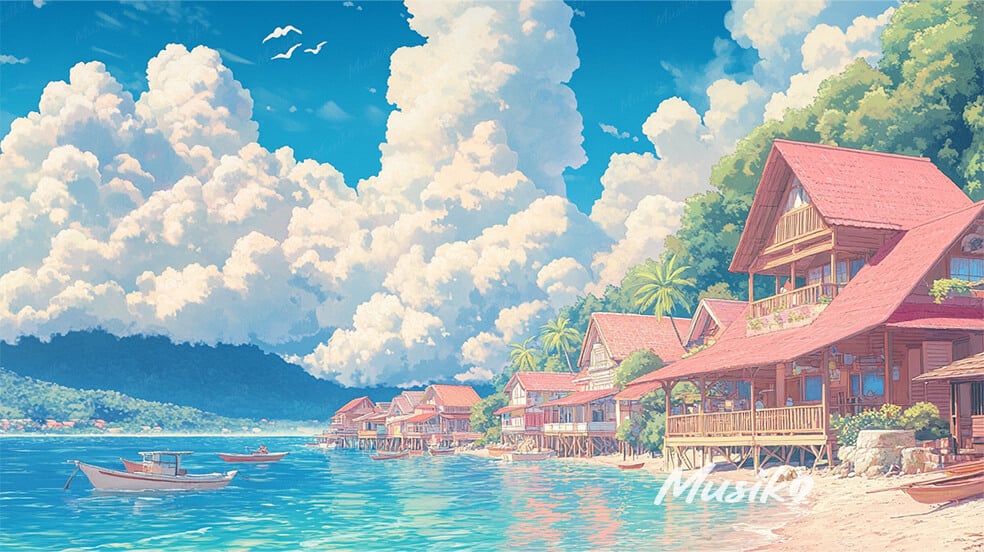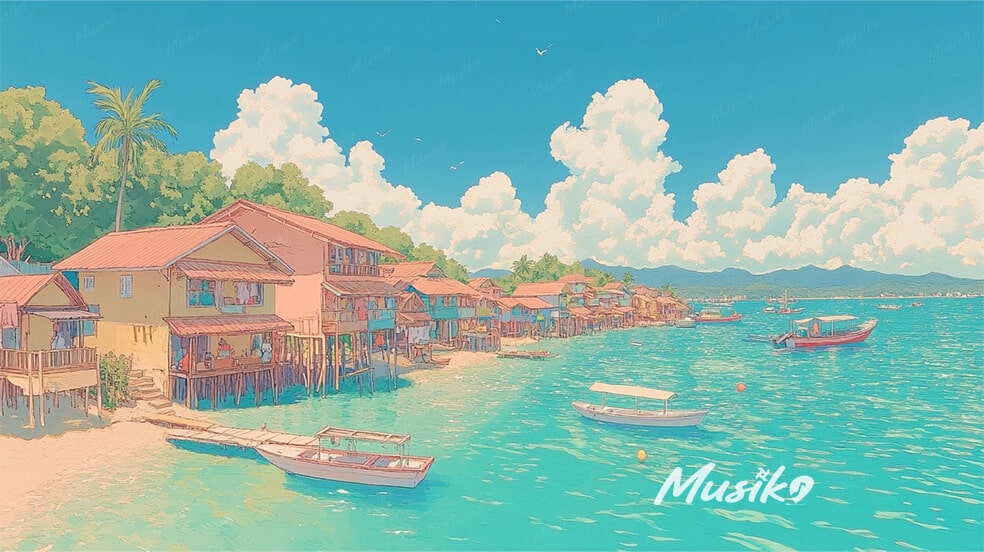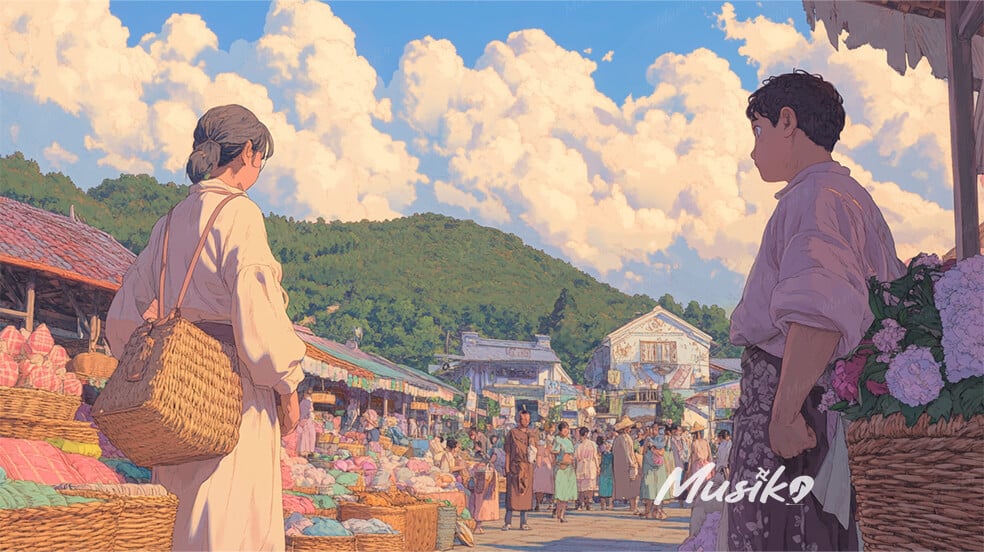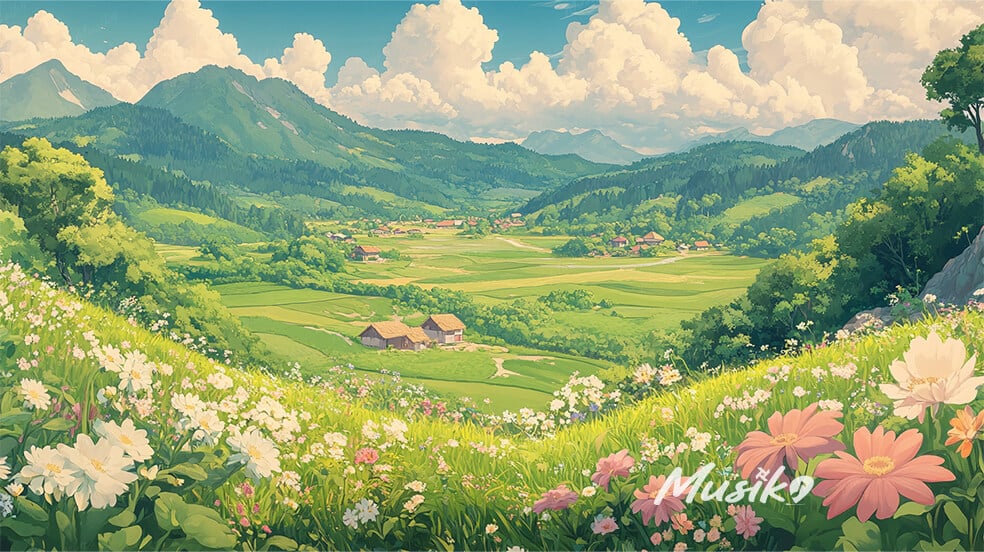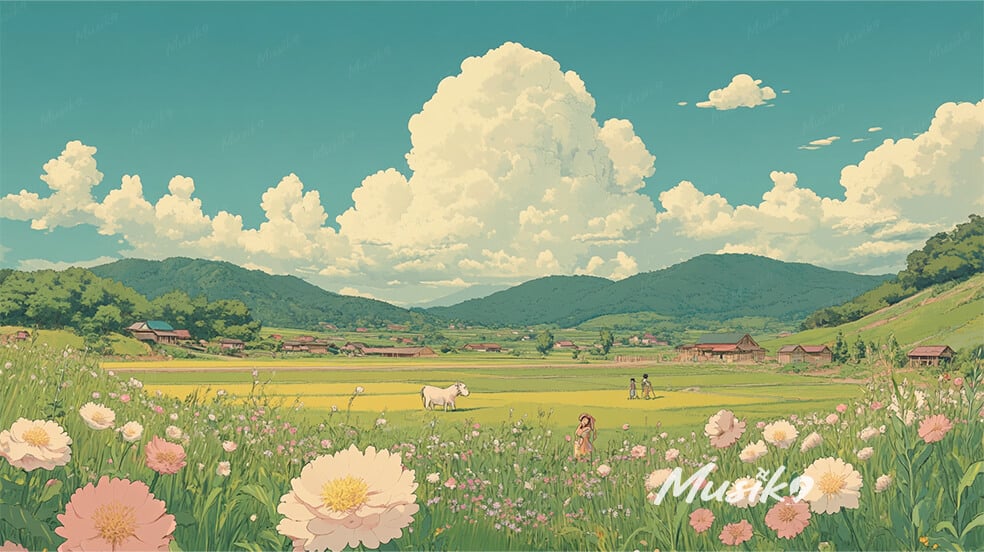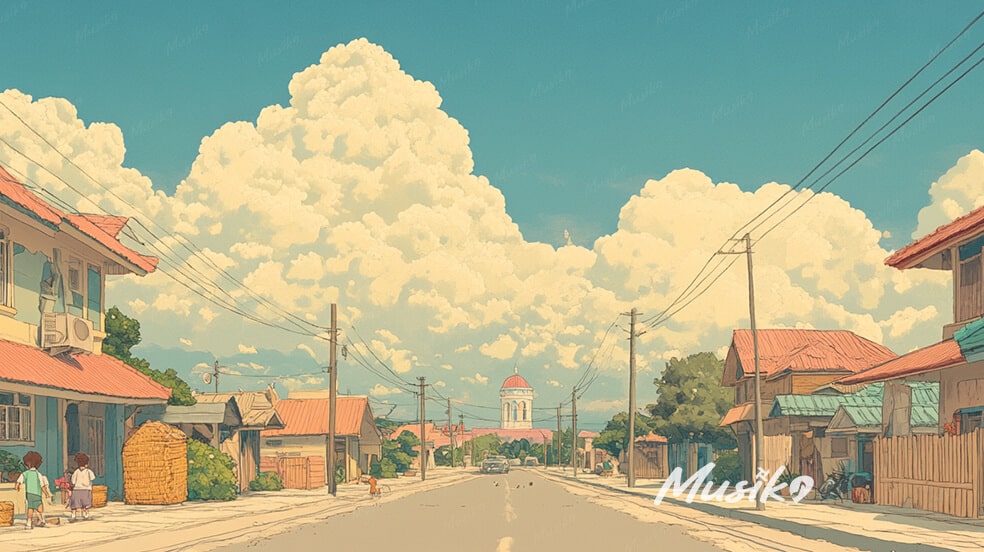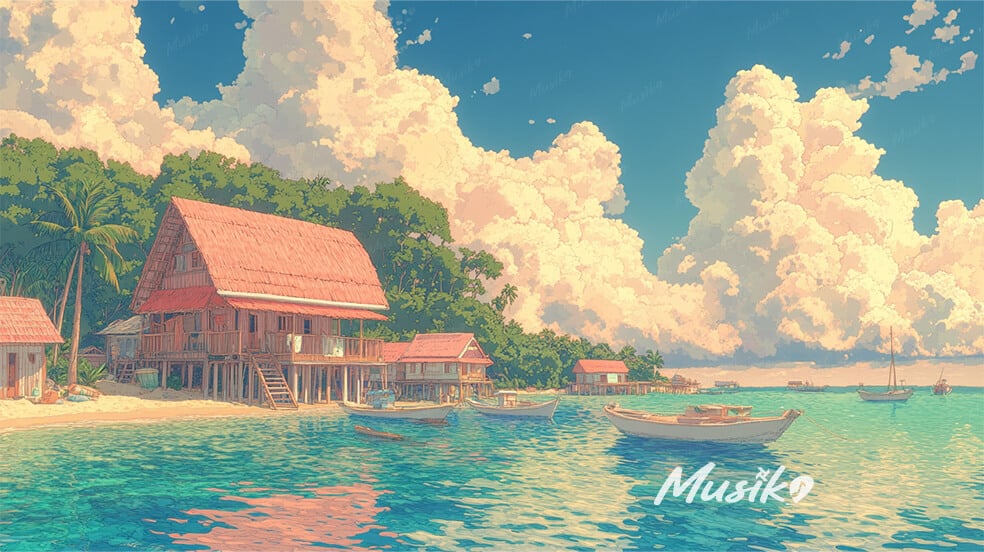🌴 Kalingalan Caluang
Welcome to Kalingalan Caluang, a tranquil municipality tucked along the southern coast of Sulu, Philippines. This coastal town may be off the typical tourist radar, but it’s full of charm, stories, and cultural color waiting to be discovered. Perfect for off-the-beaten-path adventurers and curious culture seekers!
🏝️ Where Sea Meets Serenity
Kalingalan Caluang is known for its breathtaking views of the Celebes Sea. The coastal breeze, calm waves, and pristine islets create an ideal escape for peace seekers. Though relatively remote, its unspoiled coastlines and fishing villages offer a serene experience for those looking to disconnect and recharge.
🕌 Cultural Richness and Muslim Heritage
The town reflects a deep-rooted Tausug culture, shaped by centuries of Islamic tradition. Mosques stand as central landmarks in each barangay, and the local community practices age-old customs that showcase their devotion and unity. Visiting during religious festivities like Eid’l Fitr offers a chance to witness joyful communal prayers and feasting.
🍛 Authentic Tausug Flavors
Food in Kalingalan Caluang is a celebration of seafood and spice. Try the local tyulah itum (black beef soup), piyanggang manok (grilled chicken in burnt coconut), and lokot-lokot (crispy rice rolls made from rice flour). These delicacies speak of Tausug culinary artistry passed down through generations.
🎉 Local Life and Festivities
Though not flashy with major festivals, community-based celebrations thrive here, especially during weddings and religious feasts. Expect vibrant kulintang music, pangalay dance, and traditional dress that add flair to even the simplest of occasions. These local gatherings are where the soul of Kalingalan Caluang truly shines.
🎶 Music and Dance of the South
Tausug traditional music echoes throughout Kalingalan Caluang during ceremonies and gatherings. Instruments like the gabbang (bamboo xylophone) and kulintangan (gong ensemble) set the rhythm for pangalay, a flowing, interpretive dance that mimics the waves of the sea.
📍 What It’s Known For
Kalingalan Caluang is best known for its fishing economy, coastal serenity, and cultural authenticity. It’s a destination for those who want to witness the raw beauty of Sulu — unmarred by commercial tourism. It’s also part of the greater narrative of Mindanao’s cultural diversity, proudly representing Tausug identity and resilience.
🧭 Must-See & Do
- Stroll along the quiet coastal shores at sunrise
- Watch traditional boat-making in fishing villages
- Experience Tausug hospitality during a home-cooked meal
- Visit local mosques and community centers
- Join locals in rhythmic kulintang sessions

